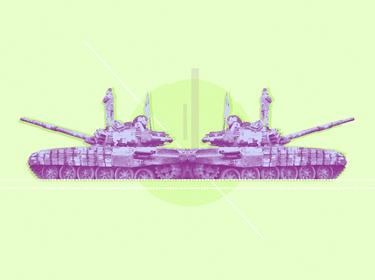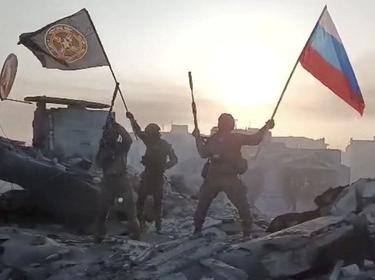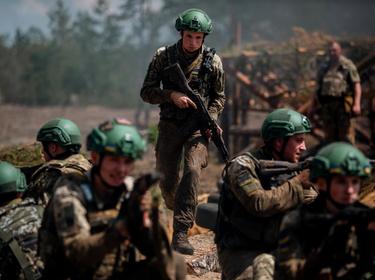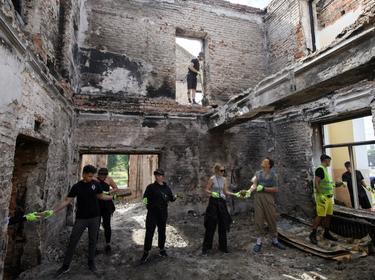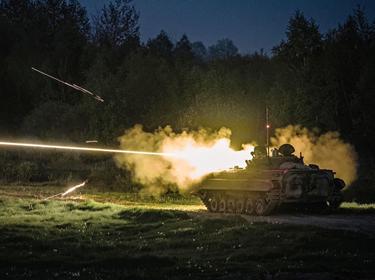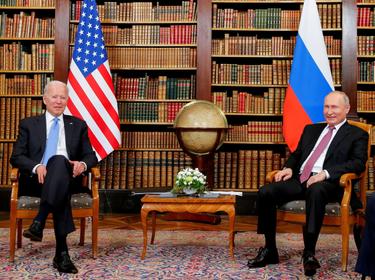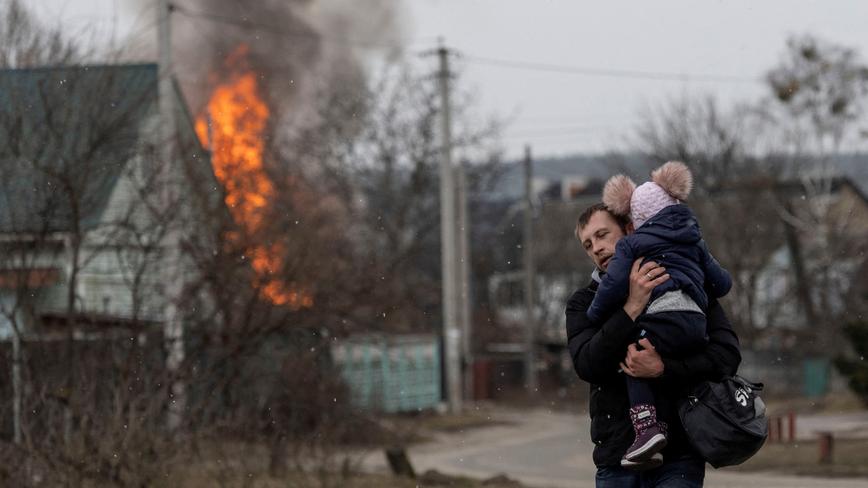
Residents flee from the town of Irpin, Ukraine, after heavy shelling by Russia destroyed the only escape route used by locals, March 6, 2022
Photo by Carlos Barria/Reuters
When Russian President Vladimir Putin launched an unprovoked invasion of Ukraine in Febrary 2022, it set off the largest armed conflict in Europe since World War II.
Today, as the fighting continues, casualties mount, and the humanitarian crisis worsens, it's unclear what will happen next. How might the conflict evolve? Is a negotiated settlement possible? And if so, then what are the potential implications of such an agreement? And how can the West continue to hold Putin accountable while mitigating the risks of a wider war between Russia and NATO?
A vast body of previously published RAND research and analysis can shed light on these questions and more. Plus, dozens of RAND experts are providing timely insights that may help inform policy responses to Russia's war.
